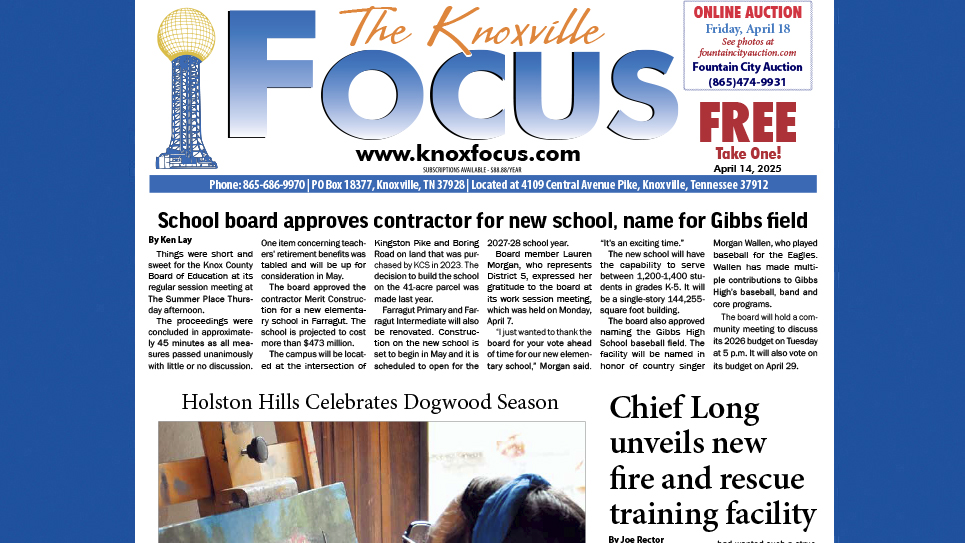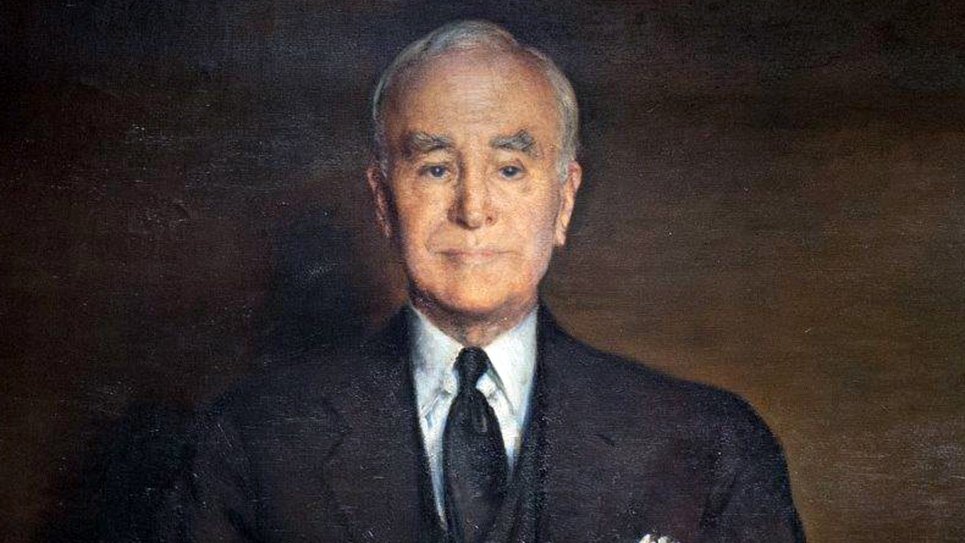Tennessee Unveils State’s First-Ever 10-Year Fiscally Constrained Transportation Project Plan “What Gets Started, Gets Finished”
The Tennessee Department of Transportation (TDOT) revealed its first-ever proposed 10-year fiscally-constrained project plan yesterday, with the goal of better communicating with citizens and communities of the long-term investment strategy for infrastructure in Tennessee. The $15 billion fiscally constrained plan includes both the annual TDOT work program budget of approximately $1.2 billion for 10 years plus the $3 billion State General Fund appropriation provided in the Transportation Modernization Act (TMA), proposed by Governor Lee, and passed by the General Assembly earlier this year. There are 93 site-specific capacity-type projects in the plan, 46 of which are funded fully or in part by the $3 billion. For the first time, TDOT has identified the funding necessary to complete all projects in the plan, ensuring “what gets started, gets finished.”
“As families and businesses continue moving to Tennessee in record numbers, our transportation assets must be ready to serve our citizens and visitors,” said Governor Bill Lee. “I am proud of TDOT for their leadership in creating this 10-year project plan to guide investments in rural and urban communities that will modernize our transportation systems.”
This first-ever 10-year fiscally constrained project plan is supported by a new data-driven prioritization process that allows for a more objective review of infrastructure projects across Tennessee. The plan is a road map that will be reevaluated annually to consider the changing needs of our people, economy and infrastructure. It permits a long-term investment strategy that will inform TDOT’s annual budget proposal to the General Assembly for consideration.
Fifty-five percent of the $15 billion is identified for construction projects reflected on the 10-year project plan list, with the remaining 45 percent budgeted for programs that TDOT allocates annually based on need. These programs include, but are not limited to, resurfacing and bridge repair. Further, it is important to note that TDOT will allocate an additional approximately $6 billion in state and federal funds over the next 10 years (nearly $600 million annually) in partnership with airports, transit agencies, counties, cities, and other entities to address multimodal access, mobility, and safety.
This 10-year fiscally constrained plan focuses efforts on what can be effectively delivered by TDOT within conservatively projected available revenue. Three important aspects were considered in the development of this plan and the prioritization process by which it was created: performance, delivery and cost. The result is a pipeline of projects that are urgent, feasible, actionable, and funded within the next decade.
“TDOT is proud to establish this fiscally responsible infrastructure investment program for the state of Tennessee,” said Deputy Governor & TDOT Commissioner Butch Eley. “This plan focuses efforts on what can be effectively delivered by TDOT within available revenue, further opening the communication with local communities on what is feasible. We know the outstanding need for infrastructure projects across Tennessee is at least over $30 billion, however, this long-term plan is a solid step toward providing a safer and more reliable transportation network for generations to come.”
The 10-Year fiscally constrained project plan leverages TMA revenues against traditional federal and state funding to maximize the number and type of investments that can be delivered over a 10-year period. It delivers TDOT’s current 3-Year Plan as a priority and accelerates IMPROVE Act projects. Additionally, the plan provides important funding for collaboration with local communities, such as Statewide Partnership Program (SPP) projects, and investments in sidewalks and bikeways through grants and other initiatives.
TDOT’s 10-Year fiscally constrained project plan includes Tennessee’s first potential Choice Lanes to serve motorists in some of the most congested urban areas of Tennessee.






